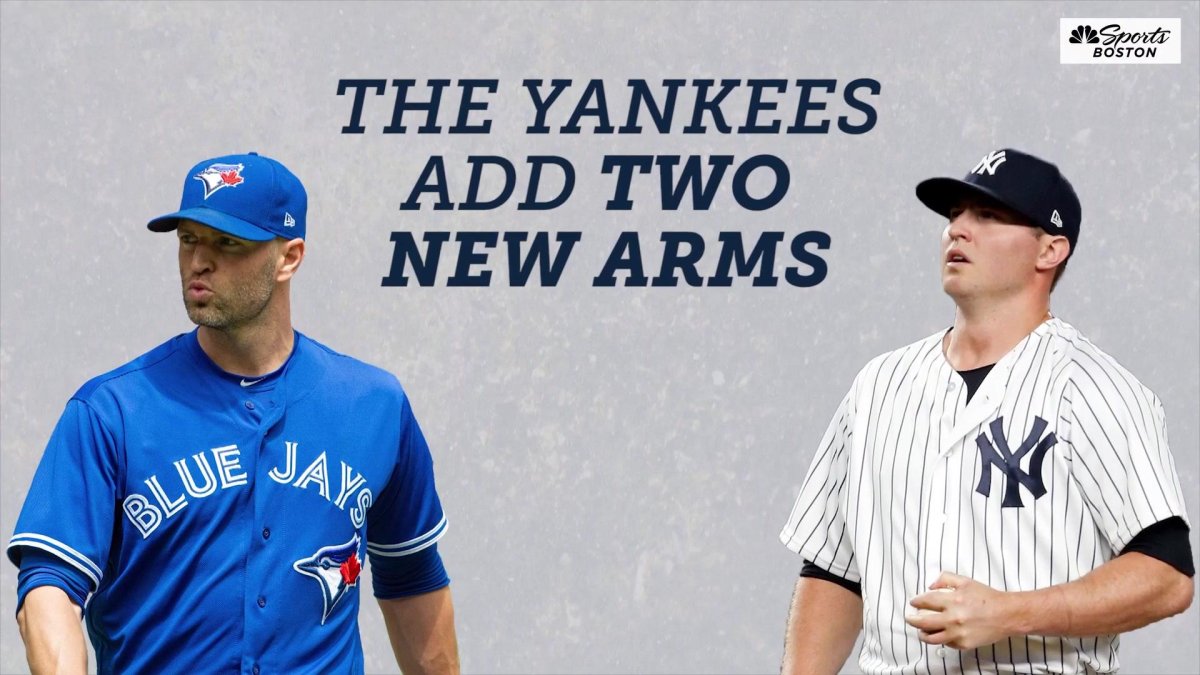
BOSTON — Every dollar the Red Sox spend from here on out will cost Tom Werner, John Henry and their partners even more money, barring a surprising change.
The Red Sox as presently constituted would finish above baseball’s highest luxury tax threshold, $237 million, in 2018, sources with knowledge of the team’s payroll told NBC Sports Boston.
The situation marks a commendable commitment from ownership, and also leaves questions about roster building in the past and the present.
"Our ownership is totally committed to winning and trying to bring a championship to the organization and our fans," Sox president of baseball operations Dave Dombrowksi wrote by email. "You never like to incur a penalty, but, they/we, do not want that to be a deterrent to making moves that we think can help us win this year."
Unknown at this point is whether the Sox and Dombrowski now feel freed, or even a sense of obligation, to make further additions. And if the Sox knew they were going to go over anyway, might they have operated differently in the winter or even during this season?
The loss here is twofold: to the Sox' coffers, and in the amateur draft. The latter is a tough pill to swallow for a team with a thin farm system.
MORE FROM EVAN DRELLICH
The Sox will pay a 62.5 percent tax on any payroll above $237 million. They also will see their top pick in the 2019 amateur draft reduced 10 slots, from somewhere close to No. 30 to somewhere close to No. 40. (Draft order is based on the prior season’s record and runs inverse to performance, so the worst teams pick first.) The difference historically picking in those spots is not large. However, there is a trickle-down effect because the lower pick also means the Sox will have less money to spend — and potentially spread around to other picks — in the draft. A player who falls, for example, might be harder to scoop up.
Boston Red Sox
Find the latest Boston Red Sox news, highlights, analysis and more with NBC Sports Boston.
Theoretically, the Sox from here could shed salary or acquire money via trade to dip below $237 million in 2018. But as the team searches to acquire talent, it’s hard to see a scenario where that happens. Adding talent and simultaneously reducing payroll would require a high prospect and talent expenditure that the Sox likely would not want to undertake, or some sort of ingenious swap of similar talents but different salary structures.
The luxury tax, technically known as the competitive balance tax, or CBT, is a little different than simply calculating what the Sox are paying players in 2018.